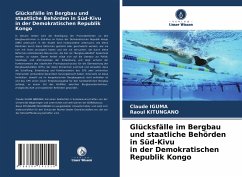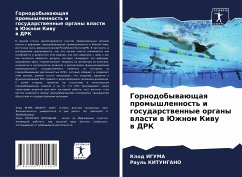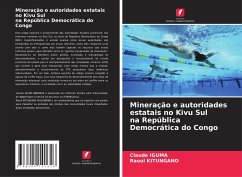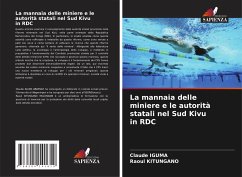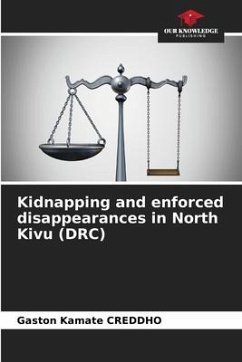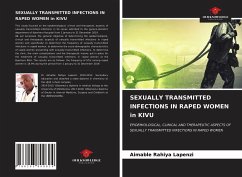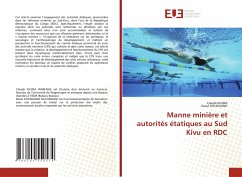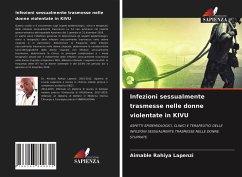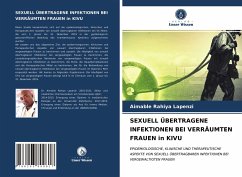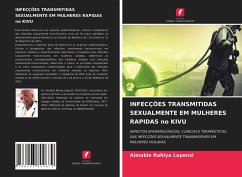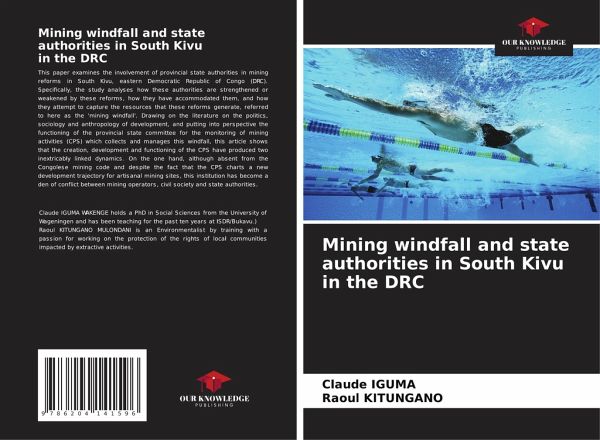
Mining windfall and state authorities in South Kivu in the DRC
Versandkostenfrei!
Versandfertig in 6-10 Tagen
27,99 €
inkl. MwSt.

PAYBACK Punkte
14 °P sammeln!
This paper examines the involvement of provincial state authorities in mining reforms in South Kivu, eastern Democratic Republic of Congo (DRC). Specifically, the study analyses how these authorities are strengthened or weakened by these reforms, how they have accommodated them, and how they attempt to capture the resources that these reforms generate, referred to here as the 'mining windfall'. Drawing on the literature on the politics, sociology and anthropology of development, and putting into perspective the functioning of the provincial state committee for the monitoring of mining activiti...
This paper examines the involvement of provincial state authorities in mining reforms in South Kivu, eastern Democratic Republic of Congo (DRC). Specifically, the study analyses how these authorities are strengthened or weakened by these reforms, how they have accommodated them, and how they attempt to capture the resources that these reforms generate, referred to here as the 'mining windfall'. Drawing on the literature on the politics, sociology and anthropology of development, and putting into perspective the functioning of the provincial state committee for the monitoring of mining activities (CPS) which collects and manages this windfall, this article shows that the creation, development and functioning of the CPS have produced two inextricably linked dynamics. On the one hand, although absent from the Congolese mining code and despite the fact that the CPS charts a new development trajectory for artisanal mining sites, this institution has become a den of conflict between mining operators, civil society and state authorities.



